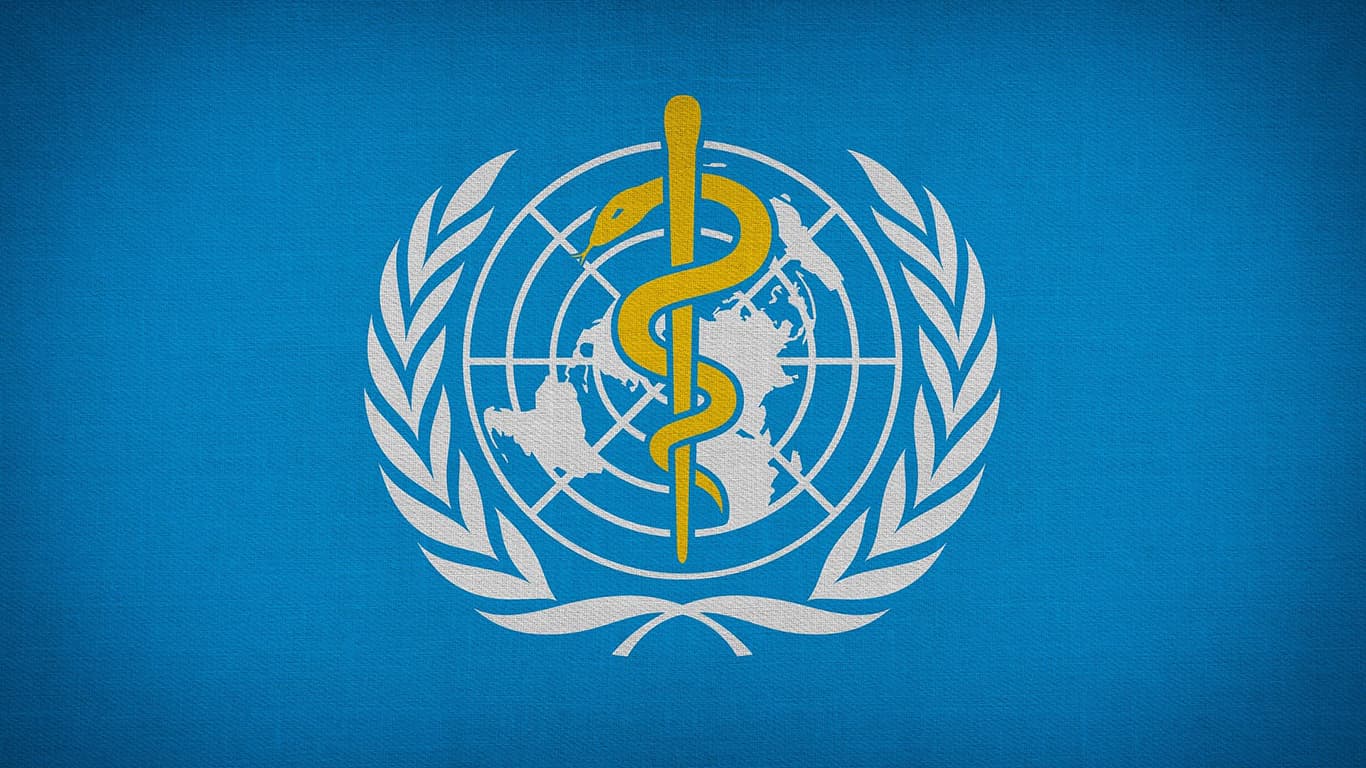Oct . 12, 2024 14:36 Back to list
wholesale hemoccult stool test
Understanding Wholesale Hemoccult Stool Test Importance, Procedure, and Implications
The Hemoccult stool test, also known as the fecal occult blood test (FOBT), is a crucial screening tool used in the early detection of gastrointestinal disorders, particularly colorectal cancer. As awareness of the importance of preventive healthcare increases, the demand for this test, especially in wholesale formats, has become noteworthy. In this article, we will explore what the Hemoccult stool test entails, its significance, the procedure involved, and the role wholesale distribution plays in enhancing access to this essential healthcare resource.
What Is a Hemoccult Stool Test?
The Hemoccult test is designed to detect hidden (occult) blood in stool samples, which can be an early indicator of various health issues, including polyps, colorectal cancer, infections, and inflammatory bowel diseases. The principle behind the test is that even small amounts of blood that are not visible to the naked eye can be significant. Detecting these trace amounts early can lead to timely interventions, which are critical for successful treatment outcomes.
The Importance of Screening
Colorectal cancer is one of the leading causes of cancer-related deaths globally. However, when detected early, the survival rate can be significantly improved. The American Cancer Society recommends regular screening for individuals aged 45 and older, or earlier for those with a family history of colorectal cancer. The Hemoccult test is one of the least invasive methods available, making it an attractive option for routine screening. Regular testing can facilitate the identification of conditions that may not yet present symptoms, allowing healthcare providers to intervene before the disease progresses.
Procedure of the Hemoccult Stool Test
The Hemoccult test involves collecting stool samples from the patient. This process is straightforward and can be done at home. Patients are typically provided with a kit containing collection devices, detailed instructions, and test cards. The procedure generally includes the following steps
wholesale hemoccult stool test

1. Sample Collection Patients collect small amounts of stool from different bowel movements over a few days. This helps ensure a higher accuracy rate by including samples from varied sources. 2. Application to Test Cards After collection, the samples are applied to specially designed test cards that contain chemicals which react to the presence of hemoglobin, a protein in red blood cells.
3. Waiting for Results Following the application, the test cards are developed, usually requiring a few minutes, where changes in color will indicate the presence of blood.
4. Consultation with Healthcare Provider Based on the test results, healthcare providers discuss next steps with the patient, which could include further testing or referrals for colonoscopy if blood is detected.
Wholesale Distribution Enhancing Accessibility
The wholesale market plays a vital role in the distribution of Hemoccult kits. By providing healthcare facilities, pharmacies, and clinics with these testing kits in bulk, wholesale distributors can reduce costs, ultimately making tests more accessible to the general public. This is particularly crucial in under-served areas where access to healthcare resources may be limited.
Furthermore, wholesale distribution allows for a wider range of facilities to offer screening, increasing the likelihood of individuals undertaking the test. As awareness grows regarding the critical nature of early detection of colorectal conditions, ensuring that those at risk have access to convenient and affordable testing is paramount.
Conclusion
The Hemoccult stool test is a simple yet powerful tool for the early detection of serious gastrointestinal health issues, particularly colorectal cancer. In a landscape where preventive healthcare is increasingly emphasized, the role of wholesale distribution in making these tests more accessible cannot be understated. By supporting widespread availability, we enhance the public's ability to engage in proactive health management, ultimately leading to healthier lives and better outcomes for those at risk. Regular screenings, facilitated by tools like the Hemoccult test, can significantly contribute to the fight against colorectal cancer, saving lives through early detection and timely intervention.
-
Highly Accurate hCG Pregnancy Test Strips - 5 Min Results
NewsAug.02,2025
-
Premium Empty ABS Plastic Cassettes: Durable & Lightweight Storage
NewsAug.01,2025
-
Accurate Cocaine (Coc) Rapid Test Kit | Fast & Reliable Detection
NewsJul.31,2025
-
Accurate HCG Pregnancy Test Strips | Fast Home Use Kit
NewsJul.31,2025
-
Reliable Early Pregnancy Test Kit Supplier - Multi Plastic Cassette Options
NewsJul.30,2025
-
Transferrin Rapid Test Cassette – Reliable Tumor Marker Detection
NewsJul.29,2025

